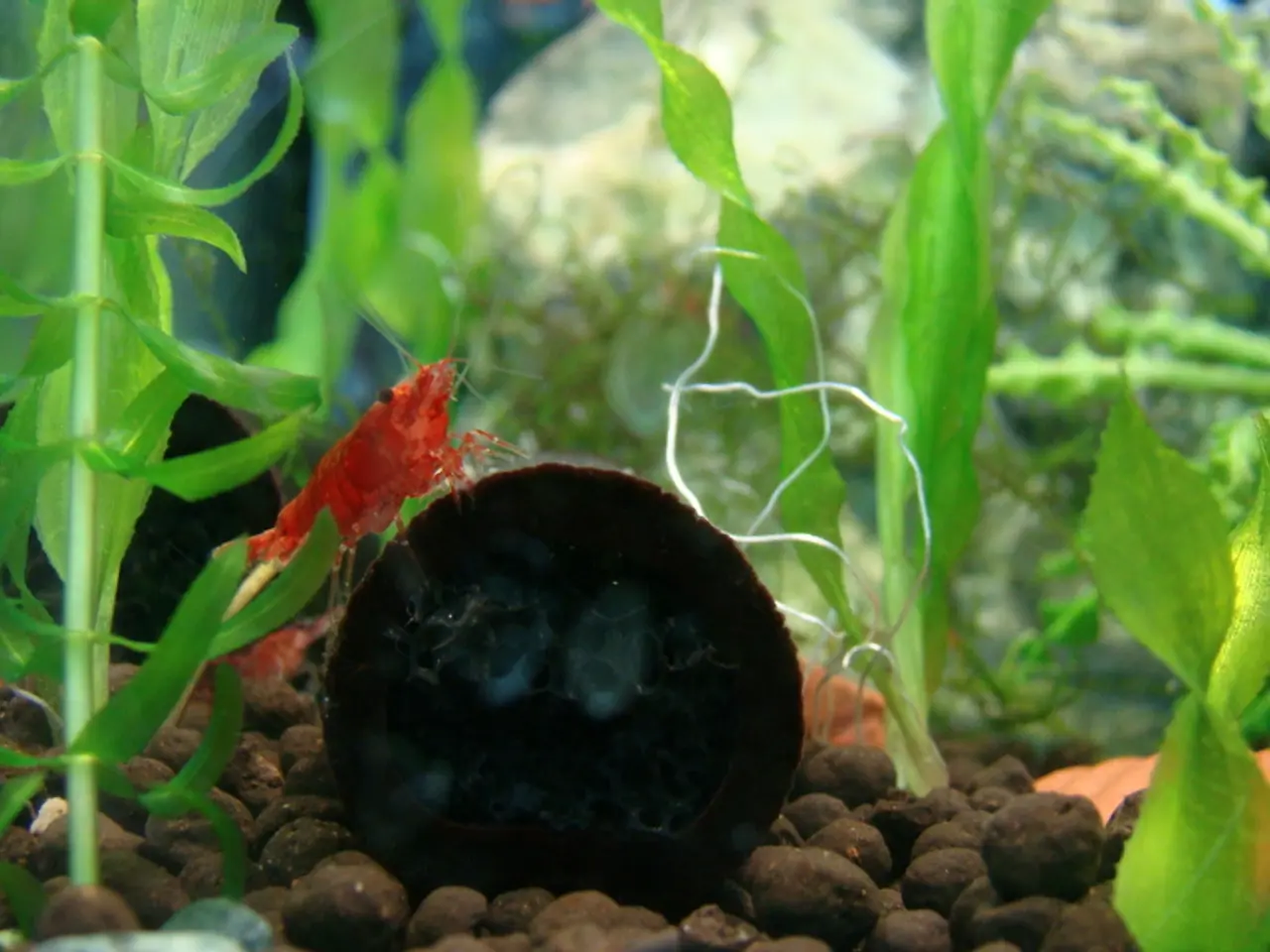The Implications of Genetically Engineered Life Forms
In a series of essays published in Grist, a nonprofit dedicated to environmental news and commentary, research scholar and editor Nathanael Johnson sheds light on the complex and often polarized debate surrounding genetically modified organisms (GMOs) and GM foods.
Johnson's remarkable approach to the debate stands out for his ability to understand the science behind GMOs, while offering a balanced conclusion that GMOs are neither as wonderful as some supporters claim nor as bad as some detractors fear. However, he falls short of fully addressing the values-based arguments that underpin the debate.
Values-based arguments in the GMO debate extend beyond scientific concerns, encompassing ethical, social justice, economic, cultural, and governance issues. Key values-based points include concerns about food sovereignty and farmers' control over seeds, the concentration of corporate power in agriculture, social justice related to access and distribution of benefits, preservation of biodiversity, and cultural respect for traditional farming practices and local contexts.
Critics argue that GMOs may threaten smallholder farmers’ autonomy by promoting seed monopolies and monocultures that undermine agricultural diversity and cultural heritage. There are worries about social justice, such as inequities in who benefits from GMO technology and whether it serves corporate interests more than marginalized communities. Ethical calls for transparency, regulation, and labeling stress consumers' right to know and choose how their food is produced. Preservation of biodiversity and respect for natural ecosystems are also viewed as moral imperatives that can conflict with widespread GMO adoption.
On the other hand, proponents frame GMOs as tools that can help address global food insecurity, reduce environmental harm by decreasing pesticide use, and improve agricultural productivity—values related to human wellbeing and sustainability. However, debates emphasize the need to place scientific innovation in the broader social, cultural, and ethical context, not just purely economic or technological considerations.
The objection to GMOs is partly based on values people hold about the human relationship to nature, which isn't recognized or accepted in the debate. Johnson considers that conflicting values about risk might be underlying the surface debate about GMOs. Attending to values about the human relationship to nature might not provide decisive reasons for broadly banning GMOs, but it could help us weigh these values and consider how they play out in this context.
The FDA has been reluctant to accept labels for GMO foods because there are no health consequences for consumers. However, the sheer fact that foods contain GMOs may be enough to justify labels, as it allows consumers to make informed choices based on their values and beliefs.
The debate over GMOs is polarized and mostly devoid of humility, with a lot of rhetoric. Johnson aims to proceed with humility, understand the science, and take the high ground in the debate about GMOs. His approach could potentially change the debate in four ways: by acknowledging the complexity of the issue, by recognizing the values at stake, by fostering understanding and empathy, and by encouraging a more nuanced and balanced discussion.
In summary, the values-based debate involving autonomy, justice, transparency, cultural respect, and environmental stewardship highlights that GMO discussions invariably intertwine with broader societal and ethical concerns beyond scientific safety and efficacy. Fully articulating these values would allow us to weigh them and consider how they play out in this context, ultimately leading to a more informed and balanced discussion about GMOs.
References: [1] Johnson, N. (2021). The GMO debate is about more than just science. Grist. https://grist.org/food/the-gmo-debate-is-about-more-than-just-science/ [2] Johnson, N. (2020). The GMO debate is about more than just science. Grist. https://grist.org/food/the-gmo-debate-is-about-more-than-just-science/ [5] Johnson, N. (2019). The GMO debate is about more than just science. Grist. https://grist.org/food/the-gmo-debate-is-about-more-than-just-science/
- The debate over genetically modified organisms (GMOs) in environmental sciences is not solely based on scientific evidence, but also includes medical-conditions related concerns in health and wellness, as the FDA's reluctance to label GMO foods stems from a belief that there are no immediate health consequences, despite consumer demands for transparency.
- In the context of the GMO debate, the value of environmental science is significant, as many arguments revolve around concerns over biodiversity, preservation of natural ecosystems, and the potential impact of GMOs on the environment.




